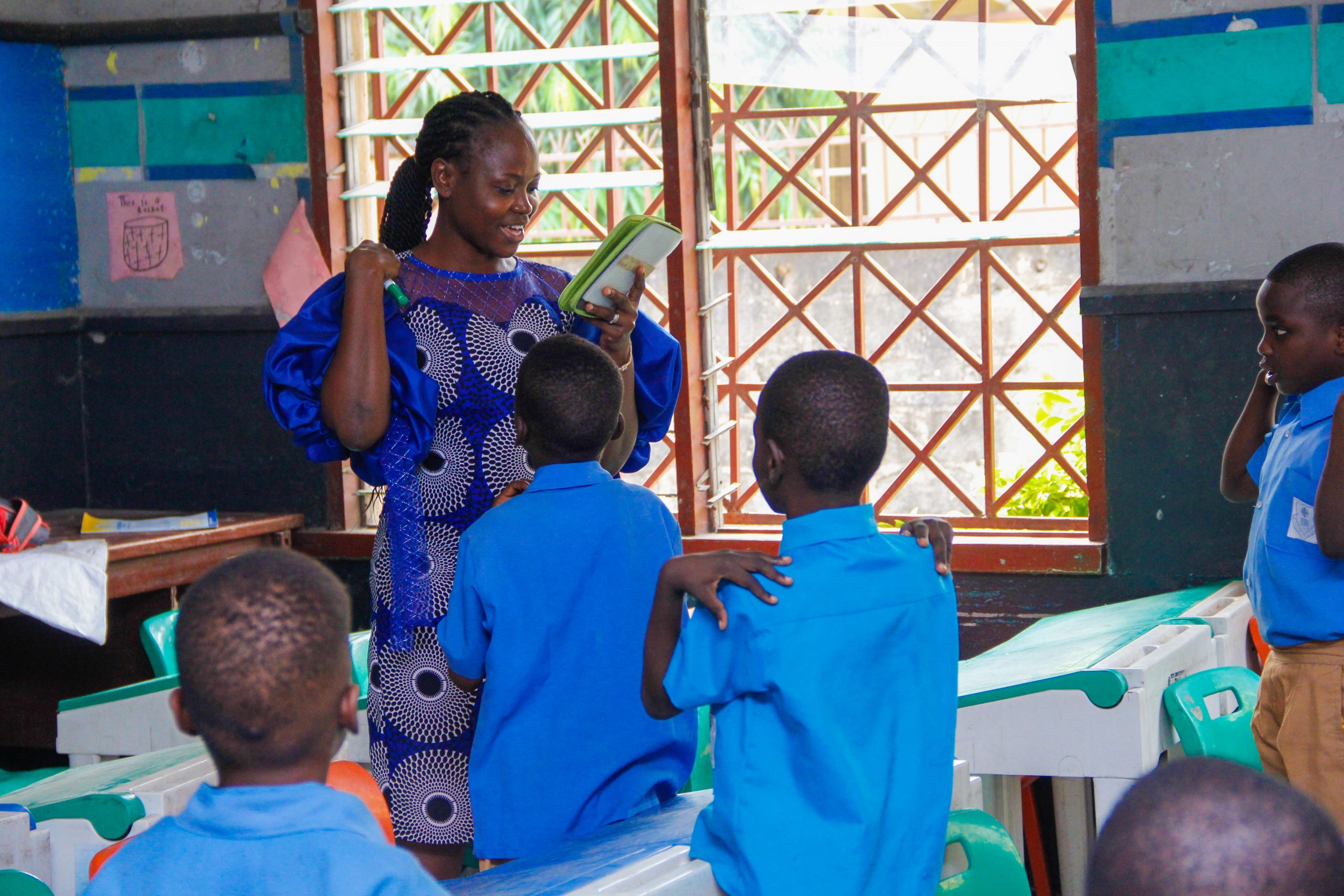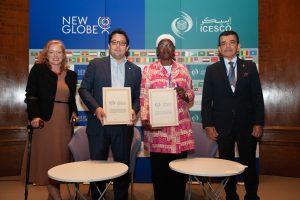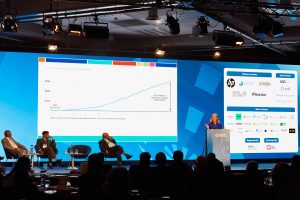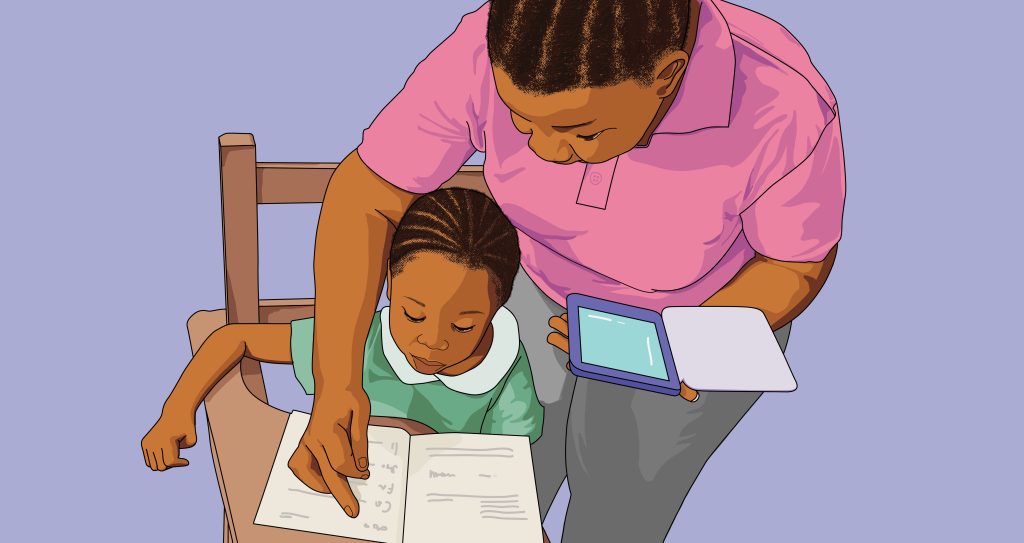A global education crisis : How can governments overcome learning losses in 2022?
A global education crisis : How can governments overcome learning losses in 2022?
For two whole years, the Covid-19 health crisis has disrupted education systems worldwide and forced school closures which have impacted hundreds of millions of children. All of them have suffered learning loss. Some, though, have suffered more than others.

In developed countries, access at home to computers and cheap and reliable broadband allowed students to make the transition to online learning. School closures were painful, but technology mitigated the impact. In some cases, African leaders were also able to go a long way towards replicating classroom teaching. The World Bank singled-out the EdoBEST program in Nigeria’s Edo State as an excellent example.
But for many African children, access to technology is limited. Many also found their schools closed for the longest periods. Schools in Uganda only reopened at the start of 2022. Recent evidence suggests that learning losses as a result of the pandemic have been even worse than previously estimated. According to World Bank Education, “Learning Poverty” – defined as a child not being able to read or understand a simple text by age 10 – is expected to increase by 70% in the Global South as a result.
Such learning loss would be a disaster anywhere. But on a continent where so many children were already being failed – with up to 90 percent of 10-year-olds in sub-Saharan Africa in Learning Poverty even before the pandemic – it is potentially catastrophic.
Today’s (NOTE JAN 24TH) United Nations International Day of Education is taking place under the theme “Changing Course, Transforming Education” – a recognition that the impact of the covid pandemic requires a radical reset of education.
“In these exceptional times, business as usual is no longer an option. If we are to transform the future, if we are to change course, we must rethink education” explains Audrey Azoulay, Director General of UNESCO, the UN’s education agency.
Together with UNESCO and UNICEF, the UN’s children’s agency, The World Bank has mapped out a route to building back education in 2022, in a landmark report addressing the status of education on a global scale. “The State of the Global Education Crisis: A Path to Recovery” makes clear what must be done.
It starts by pointing to the lack of data about education.
“To tackle the learning crisis, countries must first address the learning data crisis” it says.
According to the Global Partnership for Education, just 20 out of 61 GPE partner countries — lower income countries it supports in order to improve learning outcomes — report at least 10 of 12 key education-related outcomes.
Without such data, it is simply impossible to know how well children are learning.
At NewGlobe, we know that learning is a science. Every government and community schools program we support is rooted in the gathering and analysis of data. In Nigeria’s Lagos State, schools in the EKOEXCEL basic education transformation program are monitored in real-time by a digital and data-driven electronic dashboard that displays the data of all 1009 primary schools under the program, 13,673 teachers, 10,085 classrooms and the almost 500,000 pupils across all the local government areas in Lagos State.
The World Bank report also calls for a prioritization of “evidence-based strategies, proven techniques for promoting foundational learning”
This is precisely the approach being taken by the Liberian Government, which has announced a more than doubling of its LEAP education advancement program, which will now cover 130,000 students in more than 500 primary schools – precisely because in the six years it has been running it has been proven to work. Children under LEAP have gained at least an additional year of learning. In schools supported by NewGlobe, the largest partner with more than 300 schools, the learning gains are equivalent to 2.5 years.
The same report also calls for a range of other urgent improvements in education systems to clawback covid learning losses. It points to the need for extended lesson time for children, for instruction to be targeted, so learning is appropriate to each child, and for more use of structured pedagogy – in essence, a more scientific approach to teaching.
At NewGlobe, every education program we support is already using these elements – precisely because they have been shown time and again to improve learning outcomes. Our structured pedagogical approach is based on decades of research and application. The results speak for themselves. In Kenya, children from NewGlobe- supported schools have outperformed the national KCPE average every single time they have sat the exams, including by a record margin last year. Students at NewGlobe- supported schools in Uganda have a similar unbroken record of success in the end of school PLE exams.
But the World Bank report does not just talk about data and systems. It also focuses on the single most important aspect of learning – teachers – calling on governments to “ensure teachers are well-supported.”
At NewGlobe, we believe that improving teachers’ well-being and professional development is essential to education recovery. Our data-driven approach provides teachers, schools leaders and staff with tools to learn and develop their skills.
Every teacher receives bespoke training. The EdoBEST program is currently training 2,000 primary and secondary school teachers, as it expands into rural areas of Edo State.
Such training is followed by a program of continuous personal development. Learning and development coaches conduct live lesson observations and use them to provide teachers with practical insights on how to make their lessons even more impactful. It is a never-ending cycle of learning about learning.
The World Bank estimates the learning losses caused by the covid pandemic to be the greatest crisis in global education for a century. There is increasing recognition that to clawback those losses, and ensure that children are truly learning, change in education systems is essential. They must be driven by data, focus on outcome and apply what has been proven to work.
NewGlobe supports leaders and communities across Africa determined to drive education improvement. It has never been needed more.



